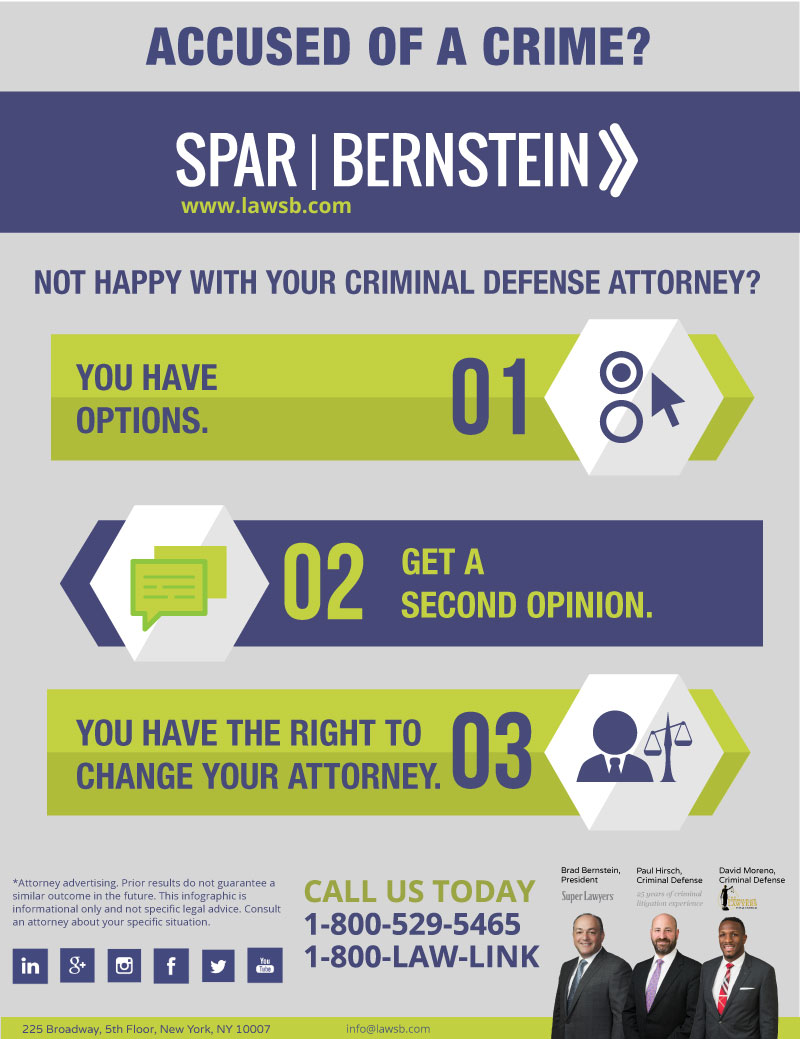Your Beliefs About Criminal Protection Could Be Wrong; Uncover The Reality Behind Common Misconceptions And See Just How They Influence Justice
Your Beliefs About Criminal Protection Could Be Wrong; Uncover The Reality Behind Common Misconceptions And See Just How They Influence Justice
Blog Article
Write-Up Writer-Jeppesen Butt
You've most likely listened to the misconception that if you're charged with a crime, you must be guilty, or that staying quiet ways you're hiding something. These extensive beliefs not only distort public understanding yet can likewise influence the outcomes of lawful process. It's vital to peel off back the layers of mistaken belief to understand real nature of criminal protection and the legal rights it secures. What happens if you understood that these myths could be taking apart the very structures of justice? Sign up with the conversation and discover exactly how unmasking these myths is important for guaranteeing fairness in our lawful system.
Misconception: All Offenders Are Guilty
Commonly, individuals mistakenly think that if a person is charged with a crime, they have to be guilty. You may assume that the legal system is infallible, yet that's much from the reality. Fees can stem from misconceptions, mistaken identities, or inadequate evidence. It's crucial to remember that in the eyes of the legislation, you're innocent up until tested guilty.
This assumption of innocence is the bedrock of the criminal justice system. It makes sure that the burden of proof lies with the prosecution, not you. They have to establish beyond a sensible question that you dedicated the criminal activity. This high standard protects individuals from wrongful sentences, making sure that no one is punished based upon assumptions or weak evidence.
In addition, being charged doesn't imply the end of the road for you. You have the right to protect on your own in court. This is where a competent defense lawyer enters play. They can test the prosecution's instance, present counter-evidence, and advocate in your place.
The complexity of legal process often calls for skilled navigation to safeguard your rights and attain a fair end result.
Misconception: Silence Equals Admission
Numerous believe that if you choose to continue to be silent when accused of a criminal offense, you're essentially admitting guilt. Nevertheless, this could not be further from the fact. Your right to continue to be silent is safeguarded under the Fifth Amendment to avoid self-incrimination. It's a legal guard, not a sign of regret.
When you're silent, you're in fact exercising an essential right. This avoids you from claiming something that may accidentally harm your protection. Keep in mind, in the warm of the minute, it's simple to get overwhelmed or speak wrongly. Police can translate your words in ways you didn't mean.
By staying silent, you give your legal representative the very best opportunity to protect you efficiently, without the issue of misunderstood statements.
In weblink , it's the prosecution's job to confirm you're guilty past an affordable uncertainty. pop over here can't be used as evidence of regret. Actually, jurors are instructed not to interpret silence as an admission of shame.
Myth: Public Protectors Are Inefficient
The misconception that public protectors are ineffective lingers, yet it's important to comprehend their vital function in the justice system. Many believe that due to the fact that public protectors are often overwhelmed with cases, they can not give quality protection. Nonetheless, this neglects the deepness of their commitment and competence.
Public protectors are totally licensed lawyers that have actually chosen to specialize in criminal regulation. They're as qualified as exclusive legal representatives and usually more experienced in test work as a result of the quantity of situations they take care of. You may think they're less determined due to the fact that they don't select their clients, yet in truth, they're deeply devoted to the ideals of justice and equal rights.
It is essential to remember that all lawyers, whether public or private, face obstacles and restrictions. Public protectors frequently deal with fewer resources and under even more stress. Yet, they consistently demonstrate strength and creativity in their defense strategies.
Their function isn't simply a work; it's an objective to make sure that everyone, regardless of income, gets a fair trial.
Conclusion
You could assume if a person's charged, they have to be guilty, yet that's not exactly how our system functions. Choosing to remain quiet does not imply you're confessing anything; it's simply smart protection. And do not take too lightly public defenders; they're committed specialists devoted to justice. Remember, everybody is entitled to a reasonable trial and proficient representation-- these are fundamental rights. Allow's shed these misconceptions and see the lawful system of what it absolutely is: an area where justice is sought, not just punishment dispensed.
